BLOG
Categories
Coping with Behavioral Challenges in Adopted Children: Expert Strategies for Parents
Understanding Behavioral Challenges in Adopted Children
Adopted children often face a range of behavioral challenges linked to their early life experiences. These challenges can stem from trauma, loss, and grief, and may manifest as attachment issues.
Recognizing and addressing these behaviors is crucial for supporting the child's development.
Common Behavioral Issues
Adopted children may exhibit various behavioral problems. These can include violent tantrums, self-stimulation behaviors, and disruptive actions in response to stress or excitement.
Attention problems, such as ADHD, may also be prevalent. Emotional issues, like anxiety or depression, are not uncommon.
It's essential to view these behaviors as the child's way of coping with past experiences rather than as deliberate acts.
Root Causes: Trauma, Loss, and Grief
Many behavioral challenges in adopted children are rooted in childhood trauma. Experiences of neglect or abuse before adoption can leave lasting effects.
The grief of losing birth parents and familiar environments may also play a significant role. These children may suffer from feelings of abandonment and loss.
Such deep-seated emotions can lead to behavioral changes as the child attempts to process their experiences. Recognizing that these actions often stem from past trauma allows caregivers to respond with empathy.
Providing a safe and nurturing environment helps rebuild trust. Approaching the child’s behavior with understanding is key.
Recognizing Signs of Attachment Issues
Attachment issues are a significant concern in adopted children. Due to early disruptions in caregiving, they may struggle to form secure attachments with new family members.
This could result in reactive attachment disorder or strained relationships with peers and adults. Signs include difficulty showing affection, lack of trust, and challenges in establishing emotional connections.
Consistent and loving attention from caregivers can make a difference in overcoming these issues. By observing and identifying these signs early, you are in a better position to seek appropriate interventions, such as therapy or counseling.
Addressing attachment issues early is crucial for the child's emotional and social development.
Building Trust and Attachment
Building a strong attachment between adopted children and their adoptive parents is vital. It involves supporting bonding, addressing trust issues, and promoting secure attachment figures.
Establishing a secure bond helps in reducing attachment issues and potential behavioral challenges.
Supporting Bonding With Adopted Children
Creating a warm and supportive environment helps adopted children feel safe and cared for. Spend quality time together through activities that both you and your child enjoy.
These can include playing games, reading stories, or going for walks. Consistency is key to establishing a routine.
Ensure your child knows what to expect daily, which helps them feel secure. Positive reinforcement, such as praise when they demonstrate desired behaviors or coping skills, fosters a sense of accomplishment and connection.
Addressing Trust Issues
Many adopted children may have experienced broken trust or trauma, making it challenging for them to trust others. Be patient and understanding.
Allow plenty of time for them to open up at their own pace. Communication is vital; create an open, non-judgmental space for them to express their feelings.
It's important to avoid making promises unless you are sure you can keep them. Following through on commitments, no matter how small, builds reliability.
If trust still seems to be a significant concern, seeking guidance from a therapist specializing in adoption-related challenges may be beneficial.
Promoting Secure Attachment Figures
For a child, establishing secure attachments involves forming trust-based relationships with their caregivers. You can become a secure attachment figure by being a constant presence in their life.
Being attentive and responsive to their needs reassures them of your support. It’s crucial to address any signs of reactive attachment disorder or attachment issues early.
If your child exhibits extreme withdrawal or an inability to form close relationships, consider professional support. A qualified therapist can help in developing strategies that support attachment-building activities and reinforce security and trust for your child.
Effective Coping Strategies for Adoptive Parents
Adoptive parents often face unique challenges. Positive reinforcement, managing behaviors like lying, and building strong support systems are key strategies for addressing some of these challenges effectively.
Positive Reinforcement and Validation
Positive reinforcement involves rewarding your child when they exhibit positive behaviors. This encourages them to repeat these actions, which can gradually improve their overall behavior.
Use praise, tokens, or other tangible rewards to reinforce positive actions. Validation is also important.
Encourage open communication and make sure your child feels heard and understood. Validate their feelings and experiences to build trust and security.
When children feel validated, they are more likely to open up about their struggles, making it easier to address issues together.
Managing Lying and Antisocial Behavior
Addressing lying and antisocial behavior requires patience and understanding. Instead of immediate punishment, try to understand the root causes of the behavior.
Often, these actions are a way for the child to cope with stress or fear. Set clear boundaries and consequences for negative behaviors while also providing consistent guidance.
Focus on teaching the importance of honesty and the benefits of positive social interactions. Adoptive parents can also create role-playing scenarios to teach their children how to handle social situations calmly and honestly.
Creating a Strong Support System
Having a robust support system is essential for adoptive parents. Reach out to fellow adoptive families, support groups, or professional counselors to share experiences and gain insights.
These connections can provide emotional support and practical advice. Consider joining community groups or online forums that focus on adoptive parenting.
These platforms allow you to connect with others who understand the challenges you face. Regular participation in these networks can offer encouragement, resource recommendations, and a safe space to express frustrations or celebrate successes.
Supporting Mental Health and Identity Development

Supporting the mental well-being and identity of adopted children is a crucial aspect of their development. This involves recognizing behavioral challenges, such as anxiety and low self-esteem, and fostering a positive self-identity.
Recognizing and Addressing Mental Health Needs
Adopted children may face unique mental health challenges. They might experience feelings of loss, rejection, or confusion about their identity, which can lead to conditions like depression or anxiety.
It is important for you to identify these signs early. Keep an eye out for changes in behavior, such as withdrawal or aggression.
Seeking support from a mental health professional can be beneficial. Therapy provides a safe space for your child to express feelings and cope with emotions.
Consider therapies like cognitive behavioral therapy, which can help manage symptoms and develop coping strategies. Regular communication with teachers and caregivers can also offer additional insight into behavior patterns.
Navigating Adopted Child Syndrome
Adopted Child Syndrome is a term sometimes used to describe behavioral issues observed in some adopted children. This may include difficulties with attachment, low self-esteem, or issues with authority.
You should approach these behaviors with patience and understanding. Creating a stable and nurturing environment is key.
Build trust by establishing regular routines and being consistently present. Open communication about adoption can also help your child process their experiences.
Allow them to ask questions and offer honest answers to foster trust. Developing a strong support network, including counseling and community resources, can also be invaluable.
Fostering Healthy Identity Formation
Helping your adopted child form a healthy sense of identity involves nurturing their self-esteem and cultural heritage. Encourage them to explore their roots through cultural events or learning opportunities related to their birth culture.
This exploration can strengthen their sense of belonging and self-understanding. Support their interests and talents.
Involvement in activities that align with their skills can boost confidence and provide a positive outlet for self-expression. Encourage openness about adoption and celebrate it as part of your child’s unique story.
Positive reinforcement and praise for achievements can further build confidence and self-worth. Making space for open dialogues about feelings and experiences is essential.
Education and Long-Term Adjustment

Adopted children often face unique challenges in education that can affect their long-term adjustment. Addressing learning and attention issues, forming strong partnerships with schools, and embracing the adoption story can support positive outcomes.
Addressing Learning and Attention Issues
Adopted children may encounter learning disabilities or attention problems. It's important to identify these early.
Regular assessments and screenings can help pinpoint specific needs. Collaborate with professionals like educational psychologists or special education teachers who can provide targeted strategies tailored to your child's needs.
Using tools and techniques adapted to individual challenges improves learning. Consider using charts, visual aids, or technology like apps that cater to attention issues.
Staying well-informed about different learning styles will also help you support your child effectively.
Partnering With Schools for Success
Establishing a positive relationship with your child's school is vital. Engage with teachers and administrators early, sharing relevant background information that affects learning.
Use parent-teacher meetings to discuss your child's progress and any challenges they face. Advocate for resources that can aid your child, such as personalized learning plans or educational accommodations.
Schools can offer additional support, such as counseling or mentoring programs, to enhance your child's learning experiences. Maintain regular communication to track improvements and adjust strategies as necessary.
Celebrating the Adoption Story
Embracing the adoption story plays a key role in a child’s emotional and educational development. Being open about their background can help children feel confident and understood.
Encourage activities that celebrate their unique journey, such as creating a life book or sharing their story in class projects. Including adoption in conversations can foster a sense of belonging and identity.
Teach your child to share their story comfortably, empowering them to take pride in their unique experiences. Celebrate milestones and achievements, linking them to their personal narrative to reinforce positivity and self-esteem.
Frequently Asked Questions

Adopted children might face unique behavioral challenges due to their background and experiences. Adoptive parents may also have specific concerns about the emotional and social development of their adopted child.
What are some common behavioral issues in children who have been adopted?
Adopted children may experience behavioral issues such as tantrums, difficulty adjusting to new environments, or trouble forming attachments. Issues like these can be a result of early childhood trauma or changes in their living situation.
How can adoptive parents recognize and address signs of adoption trauma in their child?
Adoptive parents can look for signs like withdrawal, anxiety, or aggression. It's important to create a supportive environment and seek help from professionals, such as therapists or counselors, who are familiar with adoption-related issues.
What are the psychological effects that may appear in individuals who were adopted at birth?
Adults adopted at birth might face issues like identity development challenges and questions about belonging. These feelings can emerge at different stages in life.
Understanding and support from family and friends are often important for navigating these experiences.
In what ways might adoption impact the mental health of adoptive parents?
Adoptive parents may experience stress due to concerns about their child's adaptation or behavior. Support groups and professional guidance can be helpful in managing these feelings.
These resources may contribute to a positive family dynamic.
How does adopted child syndrome manifest and what are its implications for child development?
"Adopted child syndrome" is a term that may refer to a range of issues such as difficulties with trust or attachment. These challenges can affect a child's development.
Proper support and intervention are important for children facing these difficulties.
What are the long-term effects of adoption on a child's emotional and social well-being?
Adopted children may face long-term emotional and social challenges, including forming secure relationships and understanding their identity.
RECENT POSTS
Bringing and keeping families together!










